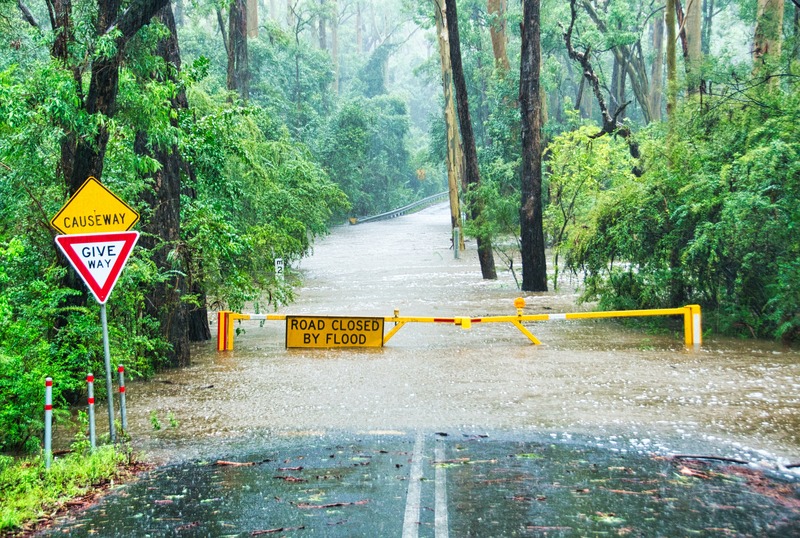 Somalia Floods
Somalia Floods Mogadishu: The United Nations humanitarian organization Saturday said that at least 14 people have died in Somalia as a result of flash floods and riverine floods brought on by intense rainfall.
The UN Office for the Coordination of Humanitarian Affairs (OCHA) said since the start of the 2023 seasonal deyr (October to December) rains, floods have affected at least 405,652 people, with deaths mostly in four federal member states.
"The majority of those affected are living within their settlements, but at least 47,000 people have relocated to higher grounds to avoid the risk of flooding," OCHA said in the latest Flash Update released in Mogadishu, the capital of Somalia.
The most recent information was released following a warning issued on Friday by the Food and Agriculture Organization (FAO) of the United Nations on the high risk of riverine flooding throughout the entire Juba River's course, especially in the Gedo region of southern Somalia, and flash flooding in low-lying areas in the Bakool regions of southwest Somalia.
According to FAO-SWALIM, there has been a discernible uptick in the Gedo area and the Ethiopian highlands' recent rainfall totals and intensity.
The country is on the verge of famine as a result of five unsuccessful rainy seasons that resulted in the worst drought in forty years, which devastated crops and cattle.
Humanitarian organizations reported that the floods are the most recent in a string of severe weather disasters that have struck Somalia in recent years, a country where people are particularly affected by the world climate catastrophe.
The UN reports that the forecast for the period of November 1–7 calls for extremely heavy rainfall over the southern and central Somalia regions of Gedo, Lower Juba, Hiran, and Togdheer, and moderate to heavy rainfall over several other areas, with the exception of the Bari region and the country's coastal areas, where light rains are predicted.
According to OCHA, the impacted populations in the South West are at least 268,000, primarily displaced persons, and in the Jubaland states, they are 90,000.
The UN agency said the floods have cut off access to markets and farms, with more than 4,000 hectares of farmland having been inundated in the Gedo region, affecting more than 6,000 farmers.
(with UNI/Xinhua inputs)
Support Our Journalism
We cannot do without you.. your contribution supports unbiased journalism
IBNS is not driven by any ism- not wokeism, not racism, not skewed secularism, not hyper right-wing or left liberal ideals, nor by any hardline religious beliefs or hyper nationalism. We want to serve you good old objective news, as they are. We do not judge or preach. We let people decide for themselves. We only try to present factual and well-sourced news.







